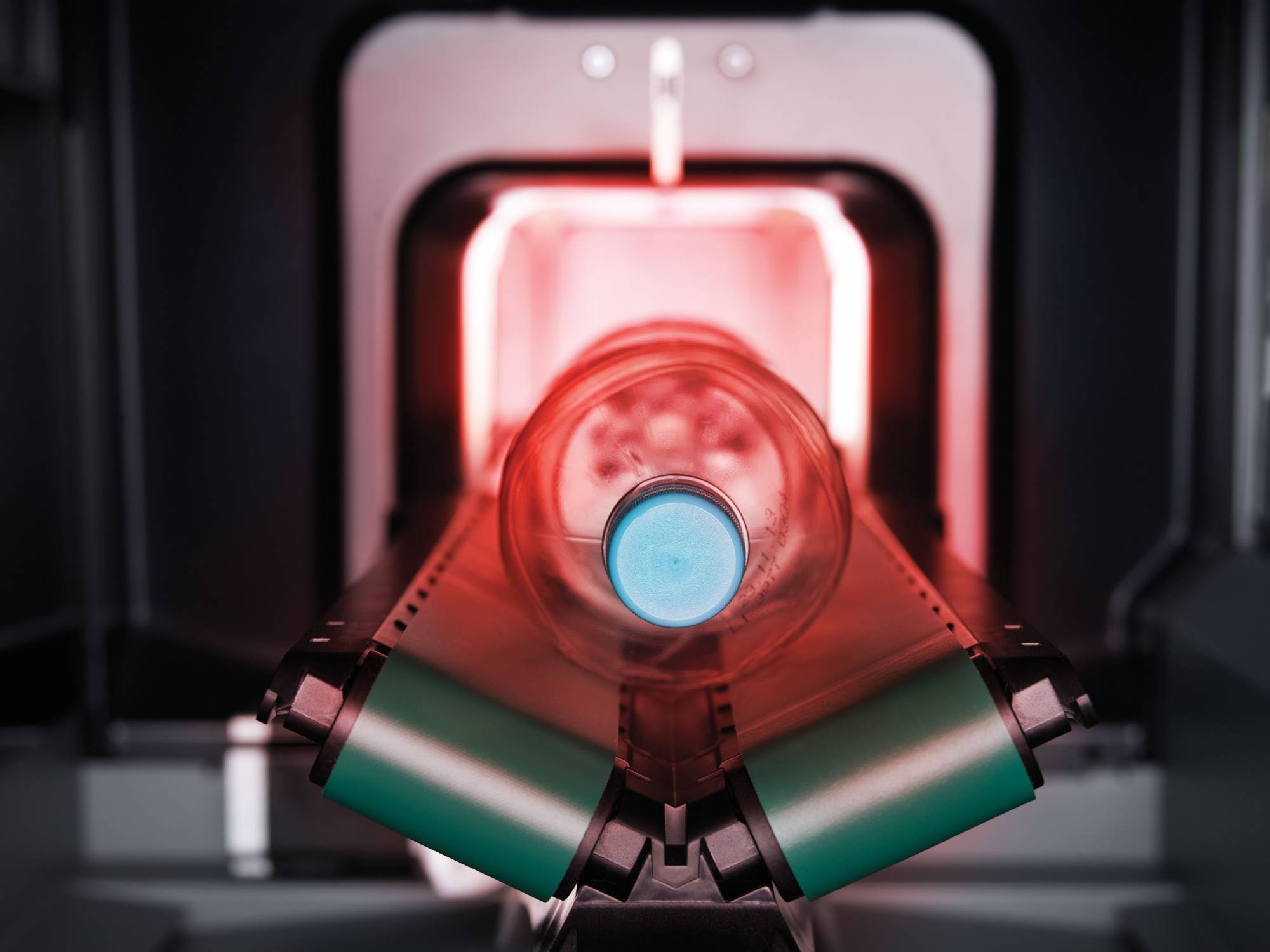DEPOSIT RETURN SCHEMES: SYSTEM SPOTLIGHT
Deposit return scheme in Germany: the world’s highest-performing drink container recycling system
Germany has the world’s largest and highest-performing deposit return scheme, achieving a record 98% return rate on eligible single-use drink containers, owing to the system’s meaningful deposit value and convenient network of return locations.
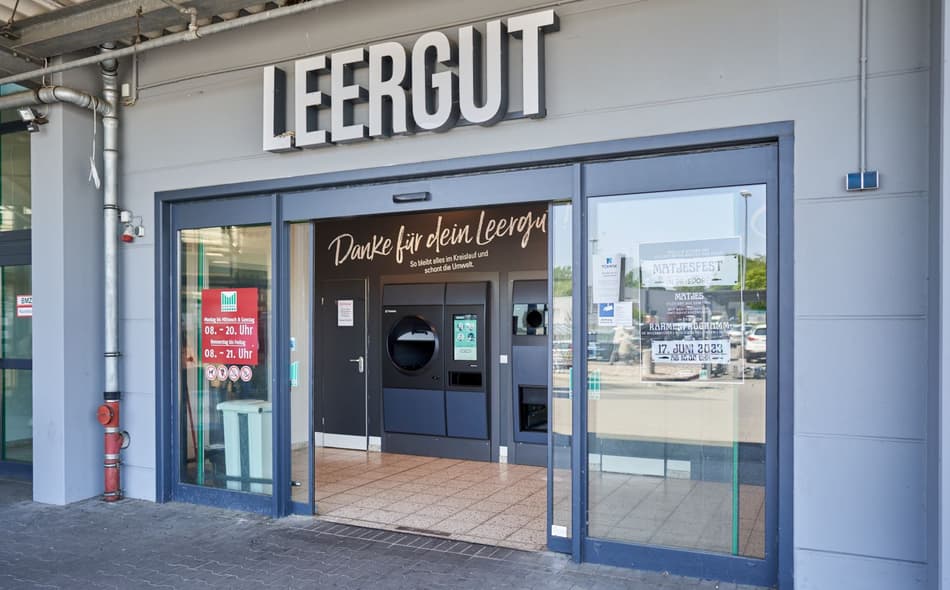
As well as driving the collection and recycling of single-use packaging, the German Packaging Law also encourages the use of refillable containers, which are also included in the deposit return system (42% of all beverages are filled in refillable containers in Germany). Germany expanded and modernized its single-use deposit return system as recently as January 2022 and will do so again in 2024, with the addition of milk-based drinks in single-use plastic bottles.
Germany’s single-use container deposit return scheme snapshot:
- Country population: 84.4 million (February 2023)
- Container deposit: €0.25 (single use), €0.08-€0.50 (refillable) + €0.75 or €1.50 (for half/split crates or full crates)
- Eligible single-use containers: PET, metal cans (aluminium and tinplate) and glass, 100ml – 3 liters
- Container return rate: 98% (single-use containers)
Designing the deposit return scheme
In the early 1990s, the idea of a deposit return system for single-use containers in Germany was introduced when an ordinance on packaging was passed, setting a quota that at least 72% of all beverages (measured in liters) should be packaged in refillable containers. If this quota was not met, a mandatory deposit would apply for single-use beverage containers. In a few years, the market share of refillable containers fell below this quota, and so a DRS for single-use containers was established in January 2003.
Germany’s deposit return system was revised in 2006 to make it more consumer-friendly and efficient, and it has since gone from strength to strength.
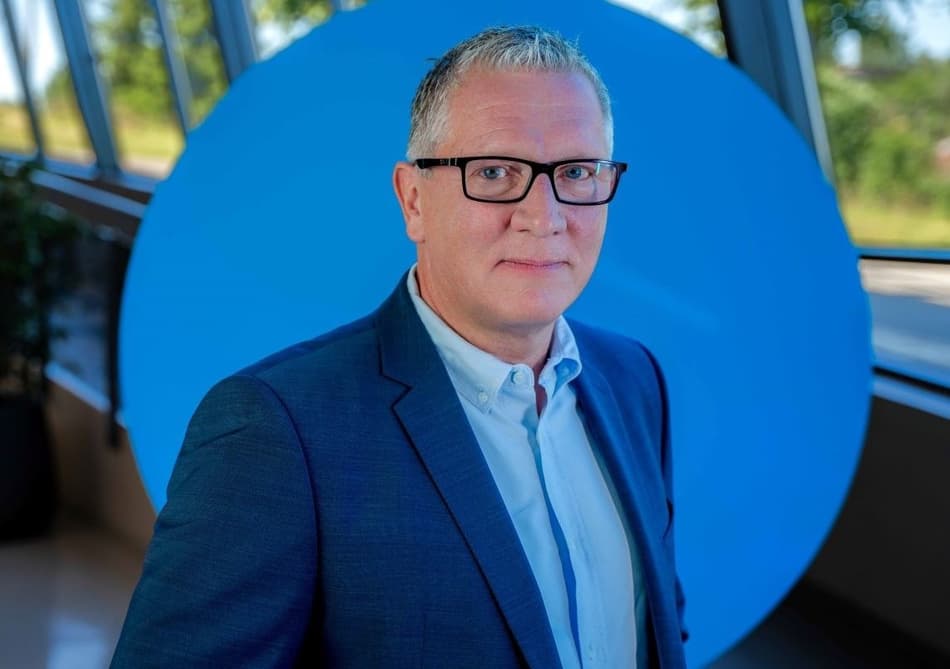
The German DRS includes PET plastic, metal cans (aluminium and tinplate) and glass containers, with a volume of 100ml to 3 liters. Germany has one of the world’s highest container deposit values, at €0.25 flat for each single-use container. In fact, producers are allowed to set a higher value if desired, but have not needed to since return rates are so high. This high deposit value was set to avoid single-use containers overtaking refillable ones.
Germany’s deposit return system follows a “return-to-retail” model, with around 135,000 return locations across the country. Around 25% of these feature reverse vending machines (RVMs), with the rest offering manual returns. Stores 200m² or more in size are obligated to at least accept returns of the drink container materials they sell, and smaller stores must at least accept the container materials for the brands they sell.
Germany also has one of the world’s most successful systems for refillable beverage containers, also achieving a 98% return rate. While these containers are exempt from DRS law, they carry voluntary deposits of between €0.08-€0.50 (depending on the type of packaging) and €0.75-€1.50 for a crate (split or full crate).
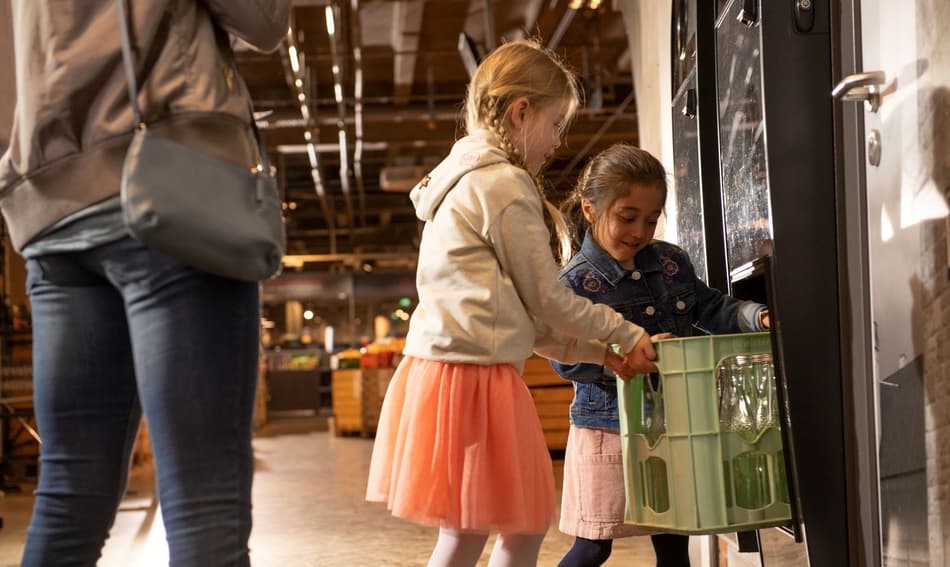
The single-use beverage container DRS in Germany is overseen by Deutsche Pfandsystem GmbH (DPG), which is owned jointly by the German Trade Association and the Association of the German Food and Beverage Industry.
Producers and importers – or “first distributors” – of beverages must register with DPG, and each container within the DRS must display a compliant barcode and a visual deposit logo, containing a security feature. Each first distributor pays an annual fee according to the size of its operations. DPG maintains a database of information for each container, based on input by the first distributors. Stores selling the beverages must pay the first distributors a deposit for the containers, which the stores then recoup by charging consumers a deposit when they purchase the beverage. The first distributors refund the deposits to retailers once consumers return their containers to the stores.
TOMRA and Germany’s deposit return scheme
TOMRA was established in Germany even before the single-use DRS came into effect, since the country had a refillable deposit system since the 1950s. “TOMRA was established in Germany in the 1980s, and was active there throughout the 1980s and 1990s. However, growth really accelerated with the implementation of the DRS for single-use containers in 2003, and in May 2006 when new agreed improvements to the system were implemented,” explains Michael Löwe.
Until 2006, consumers could only return containers to the store/chains where they had been purchased. In some instances, when returning eligible DRS containers, consumers had to bring the shopping receipt from the original purchase of the drink together with the container to receive their deposit back.
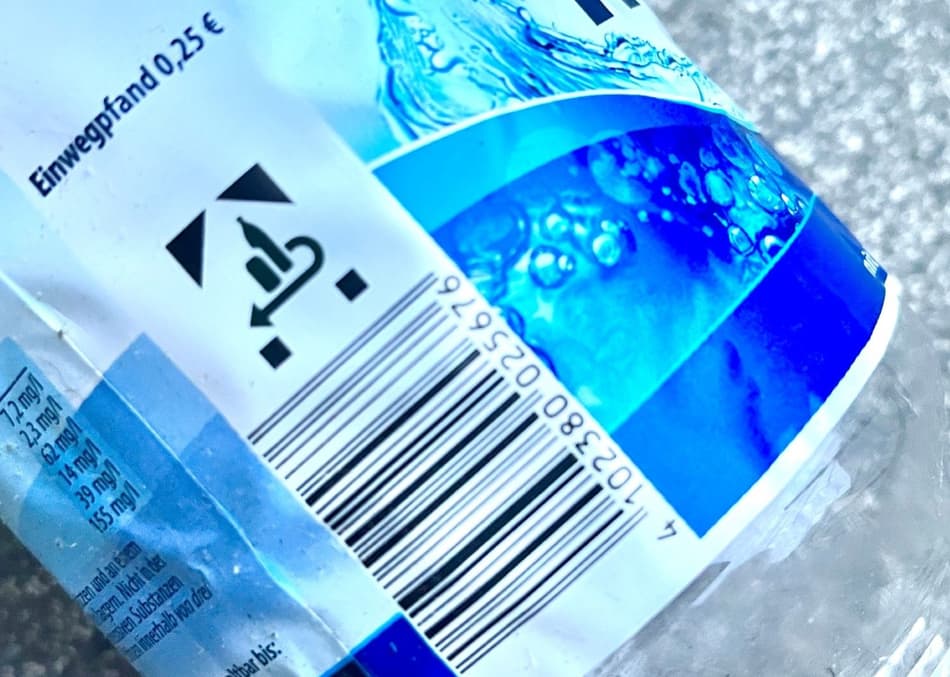
When the system was made less complicated, with the ability to return eligible DRS containers to any store nationwide, there was a big boost in demand for automated returns.

From 2005 to 2006, TOMRA delivered approximately 9,000 new reverse vending machines to Germany. That accounted for around three times the total TOMRA sales volume worldwide in a normal year at the time, and Germany has been a key market for the company ever since. Today, there are more than 30,000 RVMs installed, making Germany TOMRA Collection’s biggest market.
Over the years, TOMRA has become attuned to the requirements of the deposit return system in Germany, even creating equipment customized to the German market. These solutions were then deployed globally for all kinds of customers. This includes the earlier MasterPac backroom storage cabinets, and the TOMRA Expert Line, E1, which processes a high volume of containers with accuracy, security and integrity. An early solution developed specifically for the German market was a reading unit for all reverse vending machines to recognize container security marks.
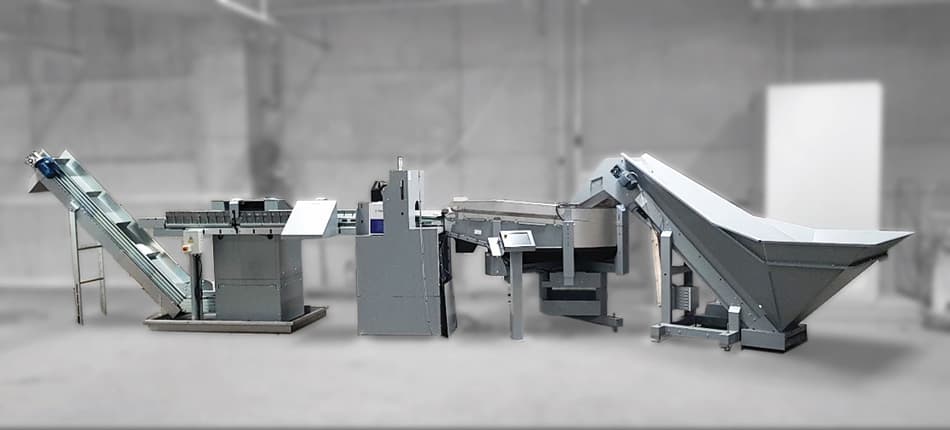
Results and the future
The popularity of container recycling in Germany, with a 98% return rate, makes it the world’s highest-performing system. Germans remain strongly supportive of deposit return.
And the German deposit system continues to evolve. “In January 2022, eligible containers were expanded to include alcoholic drinks, juices and nectars in single-use plastic bottles and cans, as well as milk-based mixed drinks in cans,” explains Michael Löwe. “This update reduces confusion for consumers, since previously these beverages were excluded from the DRS.”
As well as driving single-use returns, Germany remains committed to increasing refillable container use. Stores will be required to clearly show consumers the difference between single-use and refillable containers through better labeling in store, and manufacturers have committed to clearer container labeling.
“Germany’s deposit return system is a fascinating example of a high-performing system, generating impressive return rates,” says Michael Löwe. “With its meaningful deposit value, straightforward and sophisticated return-to-retail model, expanded variety of eligible containers and commitment to promoting refillable containers, it is a truly unique system."
There’s no doubt that the country will continue to be one of the world’s leading recycling nations, and at TOMRA we look forward to continuing to play our part.

More deposit return schemes in Europe
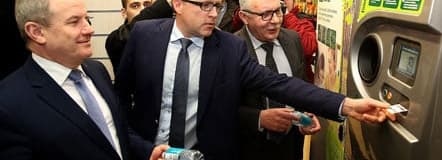
Lithuania exceeds container return rate expectations

Norway’s deposit return scheme is world’s recycling role model


